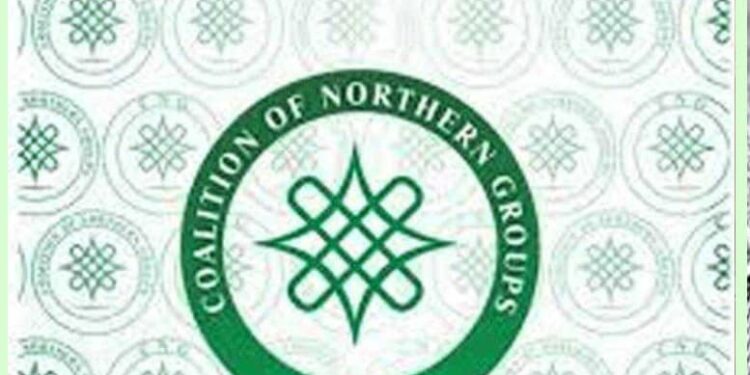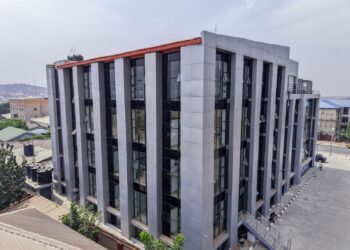The Coalition of Northern Groups (CNG), on Wednesday, applauded the Federal Government’s recent decision to sell crude oil in naira to domestic refineries, instead of using the US dollar as was previously required.
The coalition views the decision as a positive step towards strengthening Nigeria’s currency, economy and ensuring self-sufficiency in oil production.
CNG, in a statement signed by its Comrade Charanchi, praised the Federal Executive Council’s directive to the Nigerian National Petroleum Company (NNPC) Ltd, which aligns with the coalition’s long-standing advocacy for transactions in naira.
Recall that the CNG had previously urged the Federal Government on April 20, 2024, to allow naira payments for crude oil purchases from domestic refineries.
The coalition believes this policy change will not only reduce fuel prices but also deliver substantial economic benefits to Nigeria, and highlighted that naira transactions would improve transparency, support the naira, and ensure a steady supply of affordable fuel.
Charanchi expressed confidence that this decision will foster local refining capacity and contribute to the growth of the sector.
The CNG’s advocacy, which had over the last few months been in the news, has been vindicated by the Federal Executive Council’s instruction to the Nigerian National Petroleum Company (NNPC) Ltd to sell crude oil in Naira for the purpose of domestic consumption.
He said: “We believe crude oil transactions in naira in Nigeria will make the PMS permanently available and eliminate artificial scarcity that fuel importers have been using to milk Nigerians dry.
“Today, the CNG is pleased to see that President Bola Tinubu has taken decisive action in this direction. We view this move as a win-win for Nigeria, Nigerians and the refineries.
“We commend the President for taking this bold decision and we urge him to recommit more energy to addressing major obstacles that strangle revival of our refineries and by extension stunting our economy through fuel importation.
“The CNG reiterates its call to the Federal Government to make genuine efforts to revamp state-owned refineries in Kaduna, Port Harcourt and Warri to deepen competition among domestic refiners to enable Nigerians access quality and affordable fuel.
“By taking further decisions to resuscitate Government refineries, the President’s resolve to provide a lasting solution to Nigeria’s paradox of oil-producing but oil-importing country will be permanently addressed. The only way to address the fuel crisis in Nigeria is to refine fuel locally to completely remove the use of dollars in the process.
“The refineries must also be revitalized and upgraded in order to meet our local needs to exterminate the import-dependent fuel crisis that is being orchestrated by the importing cartel.”
He urge the Federal Government to sustain this momentum and continue implementing policies that prioritize Nigerian interests.
The CNG appeals to domestic refineries to take advantage of this opportunity to produce high-quality petroleum products that are cost effective and make it reasonably affordable to Nigerians devoid of exploitation.
“The CNG strongly suggests to Mr. President that activities at the Kolmani oil well in Bauchi-Gombe Axis must continue swiftly to consolidate on the significant progress already made. The enthusiasm and the resources committed to the work must be pursued rigorously in the interest of the country,” he added
The coalition emphasized the importance of advancing local crude oil production as a key element of national security and economic strength.
They urged that the ongoing development at the Kolmani oil well in the Bauchi-Gombe Axis should continue vigorously to build on recent progress.











